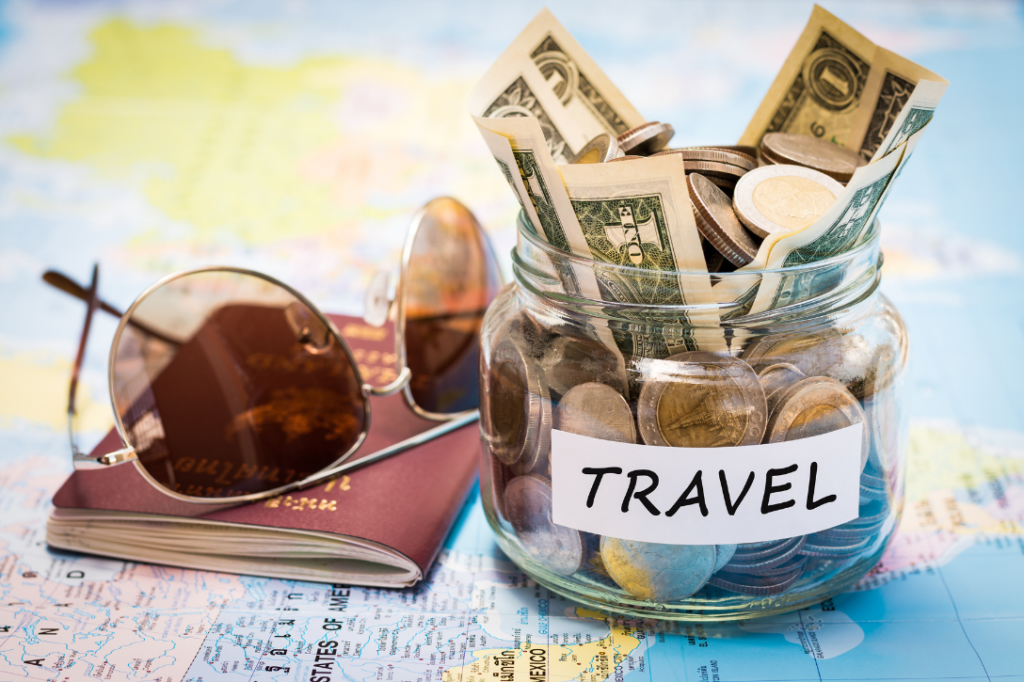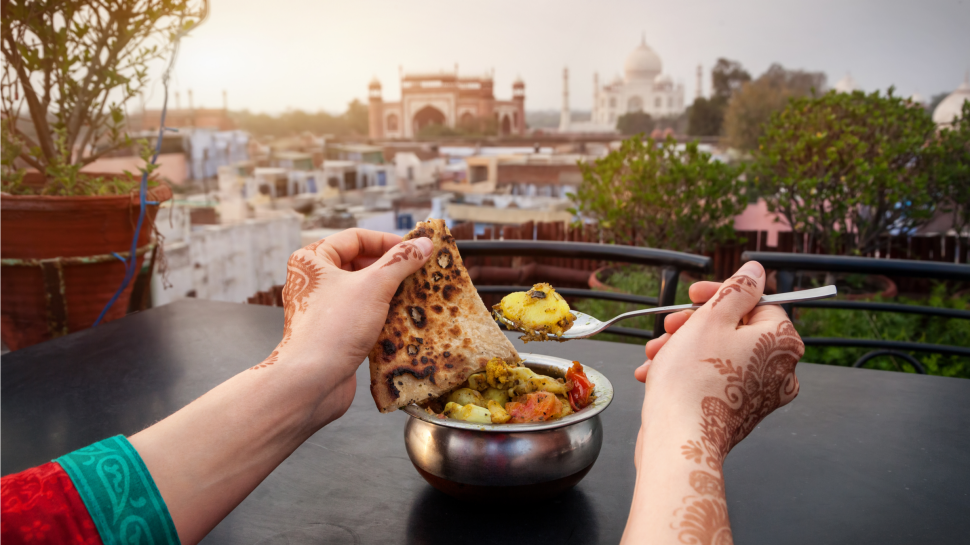
Travel doesn’t have to be a luxury reserved for the rich or retired. With the right planning and mindset, you can explore stunning places, taste incredible food, and create lifelong memories without draining your bank account. Budget travel is more than just cutting costs—it’s about spending smartly while still experiencing the essence of a place.
Whether you’re dreaming of a beach escape, a mountain adventure, or a cultural city trip, these tips will help you make the most of your travel without overspending.
Start with a Realistic Budget—and Stick to It
Before you even decide on a destination, outline a clear budget. Think of it as your travel blueprint. Factor in transportation, accommodation, food, activities, local travel, shopping, and emergency funds. Just like how you’d plan monthly expenses, break down your travel budget day by day.
For instance, if your entire trip budget is ₹40,000 for five days, limit your daily expenses to around ₹6,000-₹7,000, leaving the rest as buffer. Having this rough idea helps you stay grounded when temptations like luxury hotels or impulse buys come your way.
Be Flexible with Travel Dates and Destinations
Sometimes the best way to travel affordably is to let the deals decide the destination. Airfare and hotel prices can vary wildly depending on the season, day of the week, or upcoming events. Traveling during the off-season or shoulder season (the time between peak and off-peak) not only saves money but also helps you avoid tourist crowds.
For example, a trip to Goa in October is typically cheaper than one in December. Similarly, international flights mid-week are often more affordable than those on weekends.
Look Beyond Hotels for Accommodation
Staying in a hotel is the default option for many, but it’s not always the most budget-friendly. Consider alternatives like hostels, guesthouses, home stays, or even vacation rentals. In many cases, these not only save money but also give you a more authentic and local experience.
Platforms like Airbnb, Zostel, or Couchsurfing open up affordable accommodation options. Some hostels even offer kitchen access, which helps you save on meals by cooking your own food.
In rural destinations or smaller towns, don’t hesitate to negotiate directly with guesthouses—they often have unlisted discounts.
Travel Light, Travel Smart
Budget airlines are famous for their low base fares—but they make up for it by charging heavily for luggage. Traveling with just a carry-on helps you avoid these extra charges and makes moving between locations quicker and easier.
Plus, packing light naturally limits impulse purchases. You’ll think twice before buying something that needs extra space in your bag. Choose versatile clothing, reuse basics, and keep your toiletries compact.
Use Public Transport and Walk Whenever You Can
Private cabs and rental cars can eat into your travel funds faster than you think. Instead, take local buses, metros, or shared autos wherever available. Not only is it cheaper, but it also gives you a feel of how locals move around.
In cities like Delhi, Bengaluru, or even international ones like Bangkok or Paris, metro systems are efficient and economical. For short distances, walking or renting a bicycle can help you soak in the vibe of the place—at zero cost.
Eat Like a Local

Food is a huge part of any travel experience. While it’s tempting to dine at fancy tourist-facing restaurants, you’ll often find tastier (and cheaper) food in local eateries. Street food, especially in India and Southeast Asia, is not only affordable but also delicious.
In places like Mumbai, a hearty vada pav or misal pav meal can cost you less than ₹50. In Thailand, you can enjoy pad Thai or mango sticky rice from a street vendor at a fraction of the restaurant price.
Another bonus? Eating local often means fresh ingredients and a faster turnaround, which can be more hygienic than you’d think.
Find Free or Low-Cost Activities
A tight budget doesn’t mean you have to skip out on experiences. Many destinations offer plenty of free or low-cost things to do, such as:
- City walking tours
- Local markets and flea bazaars
- Museums with free entry days
- Sunrise hikes or beach visits
- Street performances or cultural parades
If you’re traveling in India, historical sites like forts and temples are often either free or charge a nominal entry fee. Apps like Meetup can help you find local events or activities suited to your interests.
Use Travel Rewards and Deals
Don’t ignore the power of travel rewards, cashback programs, or discounts. Many credit cards offer travel-related benefits like free lounge access, air miles, or discounts on flight bookings.
Sign up for airline newsletters or deal websites like Skyscanner, Kayak, or ixigo to receive alerts on price drops. Sometimes, booking your flight on a Tuesday or during special festivals can land you big discounts.
Also, explore combo packages. Some travel platforms bundle flights and hotel stays at a lower rate than booking them separately.
Avoid Tourist Traps
Areas built purely for tourists often come with inflated prices. From overpriced souvenir shops to forced photo ops, these places can silently eat into your budget. Do a little research to find out where locals go for food, shopping, or entertainment.
A simple rule of thumb: if the menu has pictures and is written in four languages, it’s probably twice the price it should be. Walk a block or two away from the main attractions, and you’ll often find more reasonably priced food and goods.
Travel with a Group (When It Makes Sense)
Traveling with friends or family can drastically cut down on costs when done right. Shared expenses like lodging, taxis, or group tickets make travel easier on the wallet. Booking an entire homestay or vacation rental and splitting the cost among 4–5 people can often be cheaper than booking separate hotel rooms.
However, make sure your travel partners are on the same page about the budget. One person wanting to splurge while another wants to save can lead to awkward compromises.
Budget Travel Is About Smarter Choices
Traveling on a budget doesn’t mean giving up on comfort or memorable experiences. It simply means making smarter choices—choosing local over luxury, timing over trend, and value over vanity. Often, these budget-conscious decisions lead to the most enriching travel stories.
After all, the essence of travel lies not in how much you spend, but in what you discover—and how it makes you feel.
Great practical tips! Love how this post highlights that budget travel isn’t about missing out—it’s about traveling smarter. Flexibility, realistic planning, and thinking beyond hotels can truly make any trip both affordable and unforgettable.
Thanks for this valuable insight.